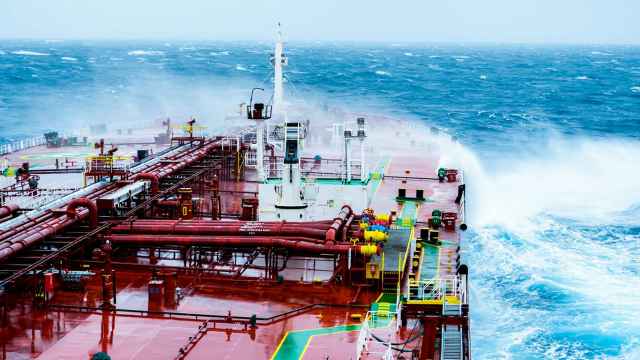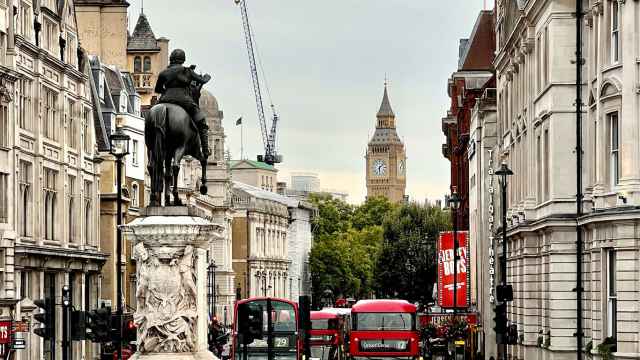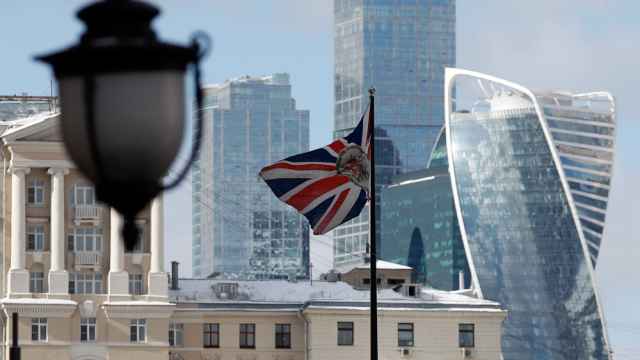The United Kingdom on Wednesday announced sanctions against six Russian prison officials in charge of the Arctic penal colony where Kremlin critic Alexei Navalny died last week.
Travel bans and asset freezes were imposed on the head of the remote IK-3 penal colony in the Yamal-Nenets autonomous district, Colonel Vadim Kalinin, and five of his deputies.
Britain is the first country to impose sanctions in response to Navalny's death on Friday.
Russian authorities have not named the cause of the activist's death and have refused to hand over his body to relatives pending a "chemical examination."
The British Foreign, Commonwealth and Development Office called on Moscow to release Navalny's body to his family immediately.
"Those responsible for Navalny's brutal treatment should be under no illusion — we will hold them accountable," Foreign Secretary David Cameron said in a statement.
Meanwhile, President Vladimir Putin promoted Russia’s Federal Penitentiary Service deputy head Valery Boyarinev three days after Navalny's death.
The timing of that promotion has led Navalny's close aides to accuse Putin of "rewarding" the senior prison official for overseeing the harsh treatment of the Kremlin critic while serving his jail sentence.
"It's clear that the Russian authorities saw Navalny as a threat and they tried repeatedly to silence him," Cameron said.
"[Russian authorities] poisoned him with Novichok in 2020, they imprisoned him for peaceful political activities, and they sent him to an Arctic penal colony. No one should doubt the oppressive nature of the Russian system," he added.
AFP contributed reporting.
A Message from The Moscow Times:
Dear readers,
We are facing unprecedented challenges. Russia's Prosecutor General's Office has designated The Moscow Times as an "undesirable" organization, criminalizing our work and putting our staff at risk of prosecution. This follows our earlier unjust labeling as a "foreign agent."
These actions are direct attempts to silence independent journalism in Russia. The authorities claim our work "discredits the decisions of the Russian leadership." We see things differently: we strive to provide accurate, unbiased reporting on Russia.
We, the journalists of The Moscow Times, refuse to be silenced. But to continue our work, we need your help.
Your support, no matter how small, makes a world of difference. If you can, please support us monthly starting from just $2. It's quick to set up, and every contribution makes a significant impact.
By supporting The Moscow Times, you're defending open, independent journalism in the face of repression. Thank you for standing with us.
Remind me later.






